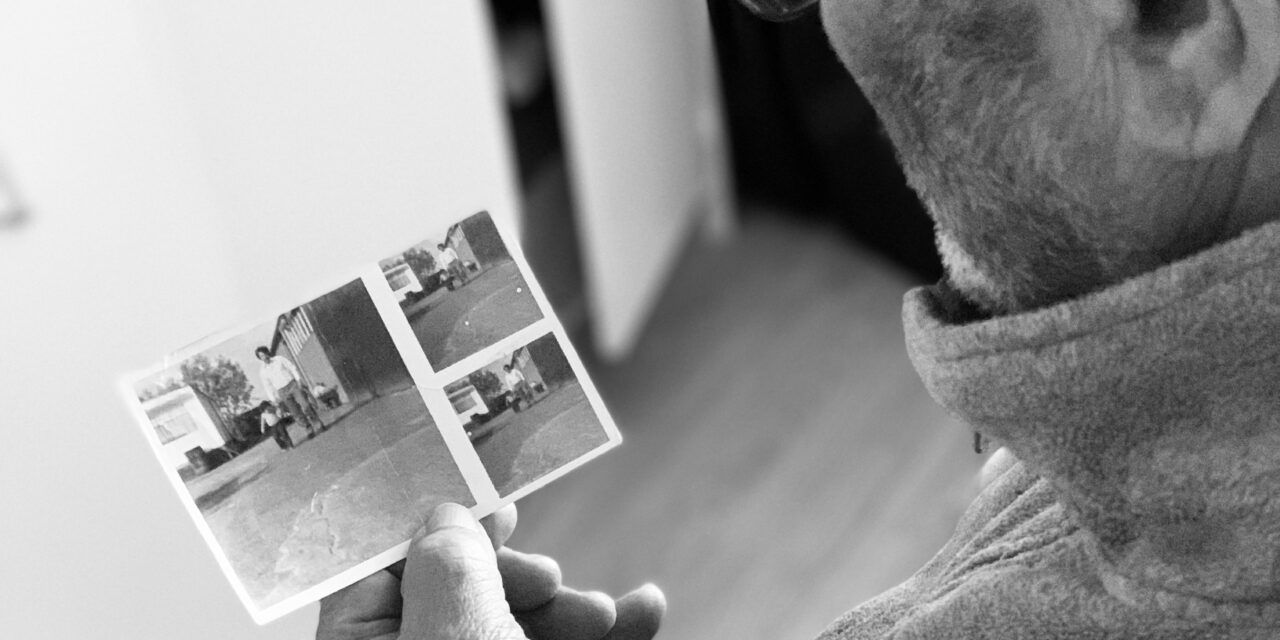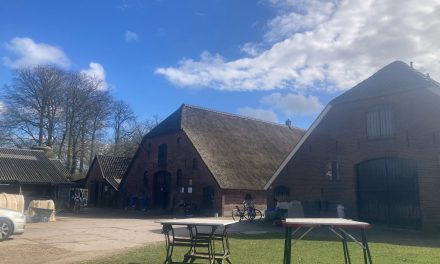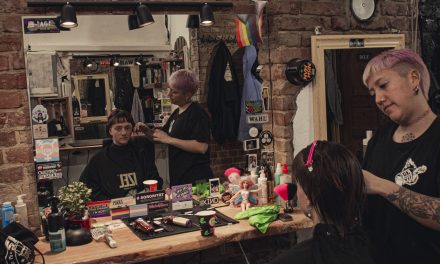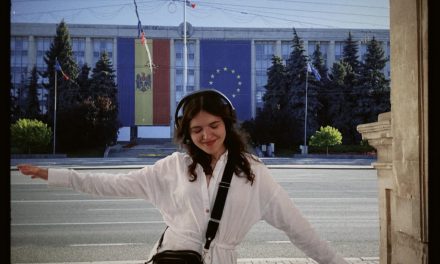It all started with a recruitment agreement between the Netherlands and Morocco in 1969. An agreement that allowed the Netherlands to employ Moroccan men. At that time the Netherlands was in the middle of an economic boom. A time where the labour market was desperate for workers. Many men saw this as an opportunity for a better life. At the time the circumstances in Morocco were very poor. The labour market was very small and the unemployment rate very high. This was a major push factor. Many men left their families and lives behind. One of them being Ahmed el Maimouni, my grandfather.
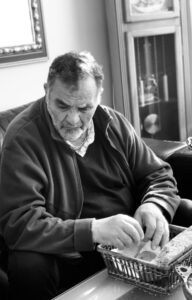
Ahmed Maimouni
” I remembered waiting in line with five hundred other men. We were waiting to be interviewed by Dutch officials. It was a very hot day and I remembered being worried that I would dehydrate. Not because I cared about my health, but because I was worried that they would reject me if I showed a sign of sickness” This was a common concern for many men at that time. Guestworkers were traded like animals. Only strong, healthy men were selected. If you were thin, short or old you were dismissed. Ahmed shares his own experience regarding the selection process, ” I remember walking into a small room where three men were seated. As I was walking, I felt their intense gaze fixed on me. I wanted to introduce myself properly to make a good impression but as soon as I open my mouth, one of the seated men was already cutting me off. The man asked me three questions”. These three questions were the sort of questions where your answer would decide your destiny. One wrong answer and it was over. ” The man asked me if I spoke French, if I went to school and if I was married. The first two answers were easy, fortunately, I had the opportunity to go to a school where I also learned French. Around that time many people were not able to go to school due to poverty. The last question was difficult. I was already married at the time, I also had two children, but I knew that if I answered yes, I would be rejected like many others. I followed my instinct and lied. I had to leave my children and wife. I wanted to work so that I could earn money for my family. At that time money was everything, without money you were nobody. Leaving Morocco was meant to be temporary after all”
At that time moving to The Netherlands was a dream for many. The living conditions were far better than in Morocco. At least, that is what many thought. Besides the wide range of work opportunities, the living conditions for guest workers were not that better. Many lived in small shared rooms. Guest workers often worked in factories. They worked sixteen hours a day and only earned about seventy guiders a week, that is thirty-one euros now. A lot of guest workers would send money to their families back to their motherland. This went on for years, this was their way of helping their families. However, many guest workers began to miss their families, and this changed a lot.
What started as a temporary, became something permanent. Families moved to the Netherlands to reunite with their loved ones, this resulted in them staying in the Netherlands. Nothing motivated them anymore to return to their motherland. Here they were able to work and provide for themselves. Many of them lived in the beginning in caravans next to factories their husbands worked in. It was customary for the men to go to their sixteen hour job and the women to stay at home with the children. These children are the second generation of Moroccans, they are the first generation growing up In the Netherlands. The ones that embraced both Moroccan and Dutch culture. The ones who have also been responsible for the rapid growth within the Moroccan community. What first started with a group of guest workers, quickly grew into one of the largest communities in the Netherlands with now over three hundred fifty thousand people.
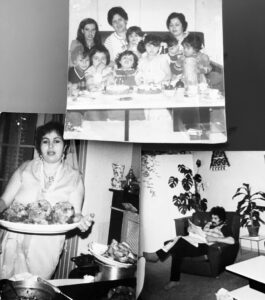
Ahmed’s Favorite moments of him and his family in the 1970’s
